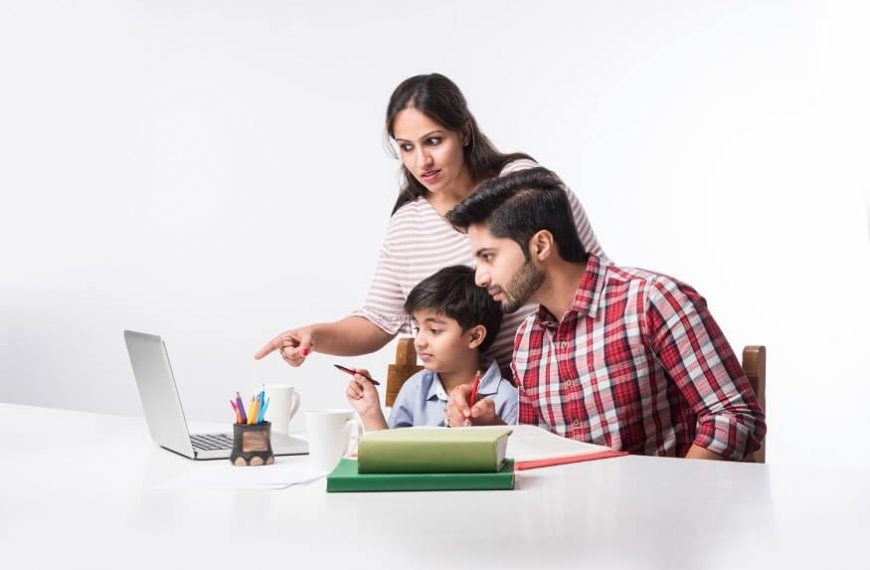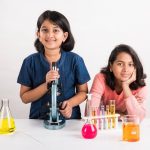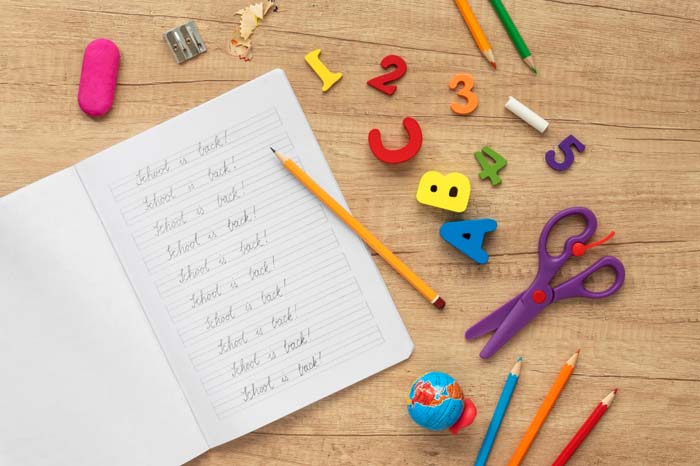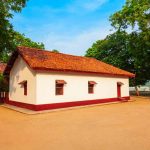Choosing the Best Toddler Program for Holistic Development
We understand as parents the enormous influence a child’s formative years have on how they will turn out in the future. Given the toddler stage’s rapid growth and development, it is important to choose educational programmes carefully. In this post, we’ll go through the essential criteria to look for when choosing a toddler programme that meets your child’s developmental needs while also highlighting the importance of initiatives like EuroKids in building an environment that promotes holistic growth.
- Comprehensive Mother Toddler Program Curriculum
- Parent-Toddler Interaction
- Holistic Learning Approaches
- Qualified and Supportive Educators
- Safe and Stimulating Environment
- Play-Based Learning
- Age-Appropriate Socialisation
- Focus on Communication Skills
- Inclusive and Diverse Content
- Seamless Transition to Preschool
- Emphasis on Motor Skill Development
- Flexibility and Adaptability
The curriculum is the cornerstone of any toddler programme. A well-designed mother-toddler programme curriculum acts as a road map for fostering many facets of a child’s development. Locate a programme that provides a well-balanced mix of activities that are social, emotional, cognitive, and physical. Along with putting an emphasis on language development, motor skills, and basic maths principles, the curriculum should be created to encourage curiosity, creativity, and problem-solving abilities.
The curriculum is the cornerstone of any toddler programme. A well-designed mother-toddler programme curriculum acts as a road map for fostering many facets of a child’s development. Locate a programme that provides a well-balanced mix of activities that are social, emotional, cognitive, and physical. Along with putting an emphasis on language development, motor skills, and basic maths principles, the curriculum should be created to encourage curiosity, creativity, and problem-solving abilities.
Programmes for toddlers should include comprehensive learning strategies that respect the individuality of each kid. A programme that encourages teamwork while valuing individuality can significantly improve a child’s social and emotional intelligence. Look for games and activities that promote social connection, imaginative play, and self-expression. A healthy combination of scheduled and unstructured playtime can promote a holistic development that takes into account a child’s cognitive, emotional, and physical needs.
Your child’s early experiences will be greatly influenced by the educators directing the toddler programme. Choose programmes that have educators on staff who are qualified and knowledgeable about early childhood development. Along with having a solid academic background, these educators should be kind, patient, and have good communication abilities. Curiosity and a love of learning can be fostered by a loving educator by creating a secure and engaging atmosphere.
A child’s curiosity has no bounds, thus a secure atmosphere is crucial. Consider giving preference to toddler preschool programmes that have childproof facilities, toys that are age-appropriate, and well-kept learning areas when reviewing toddler preschool programmes. A child’s curiosity and desire for independent exploration can be piqued by providing them with a stimulating environment that is rich in interesting materials and intelligently constructed play places.
Toddlers communicate naturally via play, and a successful programme takes advantage of this inclination. Seek out programmes that place an emphasis on play-based learning, where the exercises are made to be enjoyable, participatory, and interesting. Play-based learning develops critical thinking and problem-solving skills in addition to improving motor skills. It fosters a favourable attitude towards education by creating a setting where learning is an enjoyable experience.
A crucial time for social development is toddlerhood. Children who participate in programmes that promote age-appropriate socialisation chances can communicate, cooperate, and share with their peers. Toddlers develop vital social skills like empathy, sharing, and cooperation through group activities, games, and interactive storytelling. Future relationships and interpersonal abilities are built on the foundation of these early contacts.
For toddlers, language development is crucial. Choose programmes that emphasise discussion, rhymes, and story sessions as well as other language-rich activities. A language-rich environment fosters the development of early literacy, listening abilities, and vocabulary. When assessing a programme, find out what methods are employed to support language development and how teachers foster verbal communication in young children.
In today’s heterogeneous society, early exposure to diversity and inclusiveness is essential. Pick a programme that exposes young children to a range of cultures, traditions, and viewpoints. Children who are exposed to inclusive content grow up with an open mind and respect for others’ uniqueness. Look for programmes that include a variety of songs, stories, and artwork to help toddlers understand and enjoy the diversity of our global community.
It is advisable to take into account how a toddler programme will align with upcoming educational milestones when making your choice. The stress of change for both parents and children can be reduced by a programme that provides a seamless transition to preschool. Ask how the programme prepares toddlers for preschool, for example by using similar teaching strategies, exposing them to structured learning gradually, or encouraging a sense of autonomy and responsibility.
Toddlers are going through a period of fast physical development. The improvement of fine and gross motor abilities should be the main focus of a good toddler programme. Look for programmes that include building blocks, outdoor play, and arts and crafts. In addition to promoting physical dexterity, these activities help improve muscle strength, hand-eye coordination, and spatial awareness. The symbiotic relationship between physical and cognitive development is acknowledged in a well-rounded programme, ensuring that your child’s motor abilities grow simultaneously as other academic subjects.
Since every child is different, their demands could change over time. A toddler programme that prioritises adaptability and flexibility can take into account the different developmental stages and preferences of different kids. Look for programmes that let teachers adjust the activities and teaching styles according to the development and interests of each kid. By using a personalised approach, you can be confident that your child’s education will always be interesting and useful, enabling them to develop at their own rate.
It’s important to carefully analyse all the different aspects that affect your child’s holistic development while selecting the best toddler programme. Each component, from a thorough curriculum to experienced teachers and a stimulating environment, plays a critical part in determining your child’s early experiences. These fundamental qualities are embodied in programmes like EuroKids, which offer a supportive environment for young children to develop emotionally, socially, and cognitively. You may build a solid foundation for your child’s lifelong love of learning by giving these factors priority.
















